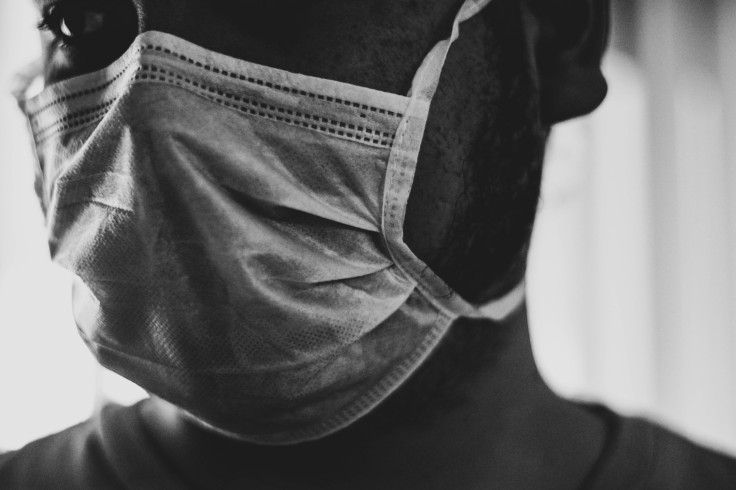Further testing is needed to identify the cause of the new virus outbreak in Beijing, China. On Monday, officials of the World Health Organization (WHO) said they have yet to determine the source of the new cluster of coronavirus infections in Beijing but claimed that the infections could not have been caused by imported salmon, as earlier speculated.
As China slowly recovers from the COVID-19 pandemic, a new cluster of infections has been reported in China’s capital. The unexpected rise in coronavirus cases in Beijing has prompted the government to set up new security checkpoints in and around the area, postpone the resumption of classes in schools, and order to get people tested for the coronavirus.
While the cause of the new wave of coronavirus infections remains unknown, some reports link the new rise in cases to the biggest wholesale food market in Asia. Last week, state-run newspapers reported that the virus causing the new wave of infections was discovered on chopping boards used for imported salmon in Xinfadi market.
Genetic traces of the coronavirus infecting Beijing also suggest it could have come from Europe. Amid the speculations, China has temporarily halted purchases of salmon from European salmon suppliers.
However, a WHO official said on Monday that imported salmon could not have been the cause of the new coronavirus cases in Beijing. Mike Ryan, head of WHO’s emergencies program, said the fish itself was unlikely to carry the disease, although he said it could be explored.
“I think we need to look at what has happened in this case, I don’t believe it is the primary hypothesis,” he said. “But it needs to be explored,” he added.
The WHO has been closely monitoring the new coronavirus outbreak in Beijing to help control the emergence of another pandemic as bad as COVID-19. “As we’ve seen in many countries, the emergence of new clusters—especially when the origin of the cluster, the driver of the cluster, is not recognized—is always a concern,” said Ryan. “But what we do like to see is an immediate response to that and a comprehensive set of measures,” he added.

© 2025 Latin Times. All rights reserved. Do not reproduce without permission.



